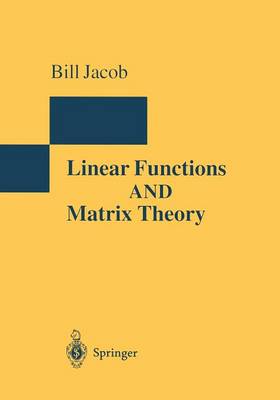Textbooks in Mathematical Sciences
1 total work
Courses that study vectors and elementary matrix theory and introduce linear transformations have proliferated greatly in recent years. Most of these courses are taught at the undergraduate level as part of, or adjacent to, the second-year calculus sequence. Although many students will ultimately find the material in these courses more valuable than calculus, they often experience a class that consists mostly of learning to implement a series of computational algorithms. The objective of this text is to bring a different vision to this course, including many of the key elements called for in current mathematics-teaching reform efforts. Three of the main components of this current effort are the following: 1. Mathematical ideas should be introduced in meaningful contexts, with formal definitions and procedures developed after a clear understanding of practical situations has been achieved. 2. Every topic should be treated from different perspectives, including the numerical, geometric, and symbolic viewpoints. 3. The important ideas need to be visited repeatedly throughout the term, with students' understanding deepening each time.
This text was written with these three objectives in mind. The first two chapters deal with situations requiring linear functions (at times, locally linear functions) or linear ideas in geometry for their understanding. These situations provide the context in which the formal mathematics is developed, and they are returned to with increasing sophistication throughout the text.
This text was written with these three objectives in mind. The first two chapters deal with situations requiring linear functions (at times, locally linear functions) or linear ideas in geometry for their understanding. These situations provide the context in which the formal mathematics is developed, and they are returned to with increasing sophistication throughout the text.
